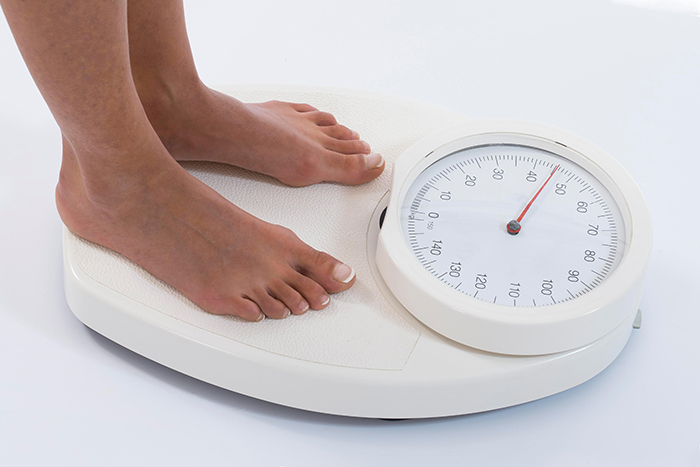Are you eating a balanced and healthy diet, exercising correctly and ticking all the boxes but still finding it quite difficult to shift those pounds? It’s more common than you might think, because there are many different impacts on health beyond diet and exercise. This list covers just some of the most common medical reasons that can explain why you’re finding it hard to lose weight.

Are you stressed? When you live with stresses like anxiety, work-stress, personal-stress or long-term grief, your body makes certain hormones and neurotransmitters to help coordinate your stress response. One such hormone is cortisol – a corticosteroid that tells your body you need to store fat around the waist as you need to be prepared to not get food (a common reason you’d be stressed in the era of evolutionary adaptation).
Some women might gain weight at different times in their lives due to the hormones that are guiding their fertility and reproduction systems. There are often shifts in hormones at puberty, during pregnancy and at menopause and they can all impact women in different ways. Many women also find that their weight fluctuates throughout their menstrual cycle.
According to Intolerance Lab, a food intolerance can cause symptoms that you would not have thought are related to food, including insomnia. One of the most common symptoms of these intolerances is inflammation. If you have a sensitivity to a certain ingredient, your whole body reacts to it – for example a gluten sensitivity can inflame organs and even the nervous system.

This inflammation can impede your weight loss and even cause weight gain. That’s because it can impact how your mitochondria actually function. Mitochondria are responsible for the assimilation of energy into a currency that other cells can use – if you have a problem with your energy systems, you’ll find weight loss to be difficult.
Hypothyroidism is when your thyroid is underactive. It means your body might not produce enough hormones. Sometimes these hormones can help you to burn stored fat. If you have hypothyroidism, your metabolism is slowed and you store more fat than you burn, making it hard to lose weight even if you’re physically active. This is a relatively rare problem, but it can be very frustrating.
Research has found that there’s an association between not sleeping enough and your metabolism being changed. In adults, if you only sleep for 4 hours a night, your hunger and appetite is increased and you become more likely to gorge on calorie-dense carbohydrate foods. This is thought to be linked to sleep’s impact on ghrelin and leptin – two hormones that dictate whether you’re hungry or feel full.

Polycystic ovary syndrome (PCOS) is a condition that impacts more than 5 million American women. It is caused by a hormonal imbalance and can impact weight gain that is not caused by excessive eating, as well as difficulty getting pregnant and thinning hair.
Depression can impact the appetite control center of the brain. The limbic system controls appetite and it can be greatly impacted by depression. Depression induced weight gain is very common and when left untreated it can impact health significantly. Depression is best treated by contacting a healthcare professional, but the support of friends and family will also be needed.
Be the first to post comment!